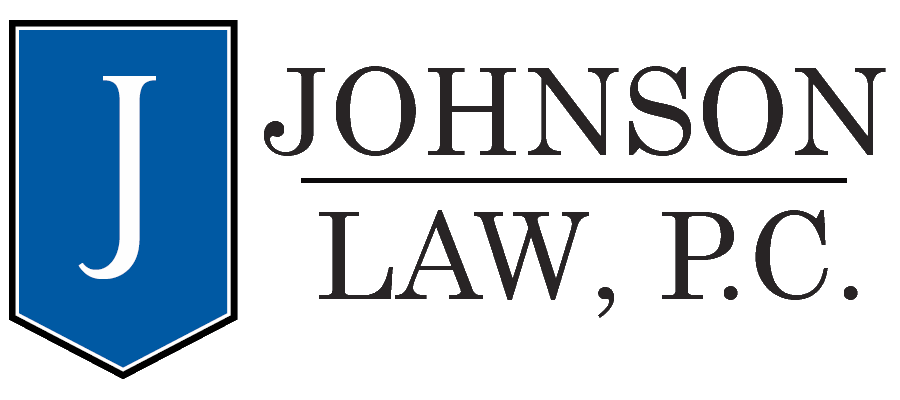Preface: Exposing Insurer Tactics in Regulatory Compliance
Navigating the labyrinth of health insurance claims and regulations is a challenge for consumers and regulators alike. When insurers fail to comply with laws designed to protect patients, such as Oregon's Reproductive Health Equity Act (RHEA), the consequences are significant—not only for the individuals denied coverage but for public trust in the healthcare system.

The following article examines a case where UnitedHealthcare Insurance Company (UHIC) was audited by Oregon's Division of Financial Regulation and found non-compliant with RHEA in several instances. Despite the findings, UHIC's official response reveals a range of tactics aimed at downplaying their errors, deflecting blame, and evading accountability.
This analysis aims to break down the methods employed by the insurer to obscure the truth and shift focus away from systemic issues. By dissecting their response, we hope to shed light on the ways large organizations resist compliance efforts and why it's crucial to hold them accountable for their obligations under the law.
If you've ever wondered how regulatory compliance investigations unfold—or why they matter—this deep dive offers an eye-opening look at the challenges faced by regulators and the importance of vigilance in protecting consumers. Read on to uncover the practices that need scrutiny and reform.
Related Documents and Links
Oregon Insurance Examination Reports
Response
RE: RHEA examination report for UnitedHealthcare Insurance Company
Analysis and Critique
The response from UnitedHealthcare Insurance Company (UHIC) contains several elements that can be critiqued for obfuscation, deflection of responsibility, and potentially concerning tactics. Here's a breakdown of key areas of concern:
1. Partial Admission and Deflection
- Admission of Errors: UHIC admits to errors in handling some claims but minimizes their significance. For example:
- Admitting errors in processing specific claims but framing these as either isolated incidents or manual errors.
- Shifting blame to individual processors for mistakes (e.g., a manual processor who "mishandled" a claim and is "no longer with the Company").
- Minimization of Findings: UHIC disputes findings about claim misclassification and non-compliance but concedes to specific errors after being called out, suggesting either negligence or intentional avoidance of full transparency.
2. Obfuscation on Systemic Issues
- System Updates: The response acknowledges that updates were made to claims systems in 2022 to address errors from prior years, yet the company asserts its systems are "systemically driven" to comply. This raises the question: if systems were compliant, why were updates necessary?
- Diagnostic vs. Preventive Categorization: UHIC's defense of denying coverage for certain CPT codes (e.g., CPT 86780 and 87491) hinges on subjective interpretations of whether the services were "diagnostic" rather than "preventive." This is a gray area they exploit, creating an opportunity for improper denial of claims under the guise of interpretation.
3. Misleading Defense Against Examination Cooperation Issues
- HIPAA Excuses: UHIC uses "privacy-related concerns" under HIPAA as a reason for not providing direct system access, which delays the examination process. However, their alternative solution still resulted in delays and inefficiencies, suggesting a reluctance to cooperate rather than genuine privacy concerns.
- Delays in Access: The company repeatedly delayed providing comprehensive access or alternative solutions to examiners, forcing repeated requests for data. They frame their actions as "diligent," but the need for multiple requests and clarifications suggests otherwise.
- Training and Navigation Excuses: The claim that their system is "complex and not easily navigable without extensive training" serves as a convenient excuse to restrict access and control the narrative.
4. Evasion and Technical Deflection
- Categorization of RHEA Services: UHIC disputes findings about certain claims not being categorized as RHEA-compliant, often defaulting to technical justifications. For example:
- The argument about diagnosis codes not being specific enough for preventive care is a common tactic to deny claims under questionable reasoning.
- UHIC’s claim that "the services for sample #45 were billed with a diagnosis code that is not specific to preventive care screenings" could reflect deliberate exploitation of ambiguous coding rules.
5. Addressing Recommendations in a Superficial Manner
- Response to Recommendations: Many recommendations are addressed superficially:
- For training (Recommendation 4), UHIC states they provided training in November 2022, but this is notably after the examination period. This suggests a reactive, not proactive, approach to compliance.
- Regarding claims system updates (Recommendation 2), they vaguely reference updates made in March 2022 without addressing whether they have a system for regularly ensuring compliance with changing laws.
6. Questionable Ethical Practices
- Cherry-Picking Compliance: The company repeatedly uses language suggesting compliance with "most" RHEA claims while disregarding findings about systematic errors. This is likely an attempt to divert attention from the broader implications of systemic noncompliance.
- Deflection of Responsibility: By arguing that errors were isolated and not systemic, UHIC avoids accountability for ensuring consistent, compliant processes.
Overall Assessment
UHIC’s response exemplifies tactics often employed by large corporations to downplay regulatory findings, including:
- Blame-shifting to individuals or "complex systems."
- Framing systemic issues as isolated incidents.
- Exploiting technicalities in coding and categorization.
- Delaying or restricting examiner access under dubious pretexts.
These actions are problematic because they undermine trust in the insurer’s willingness to comply with consumer protection laws and regulations. A more thorough regulatory review with stricter penalties might be necessary to ensure compliance and discourage such practices in the future.
Justice For Normal People
At the end of the day, regulatory compliance is not just about following the letter of the law—it’s about honoring the trust that consumers place in their health insurers to provide fair, timely, and lawful access to care. Cases like this one serve as a stark reminder of the importance of holding insurers accountable when they prioritize profit over people. At our law firm, we are committed to advocating for those who have been harmed by these unethical practices. If you or a loved one has been wrongfully denied coverage or otherwise harmed by an insurer’s failure to comply with the law, we’re here to help. Contact us today to learn more about your rights and how we can fight for the justice you deserve.
We will review your case for free.
Pay us nothing unless we get you a better settlement.
We work on contingency.

